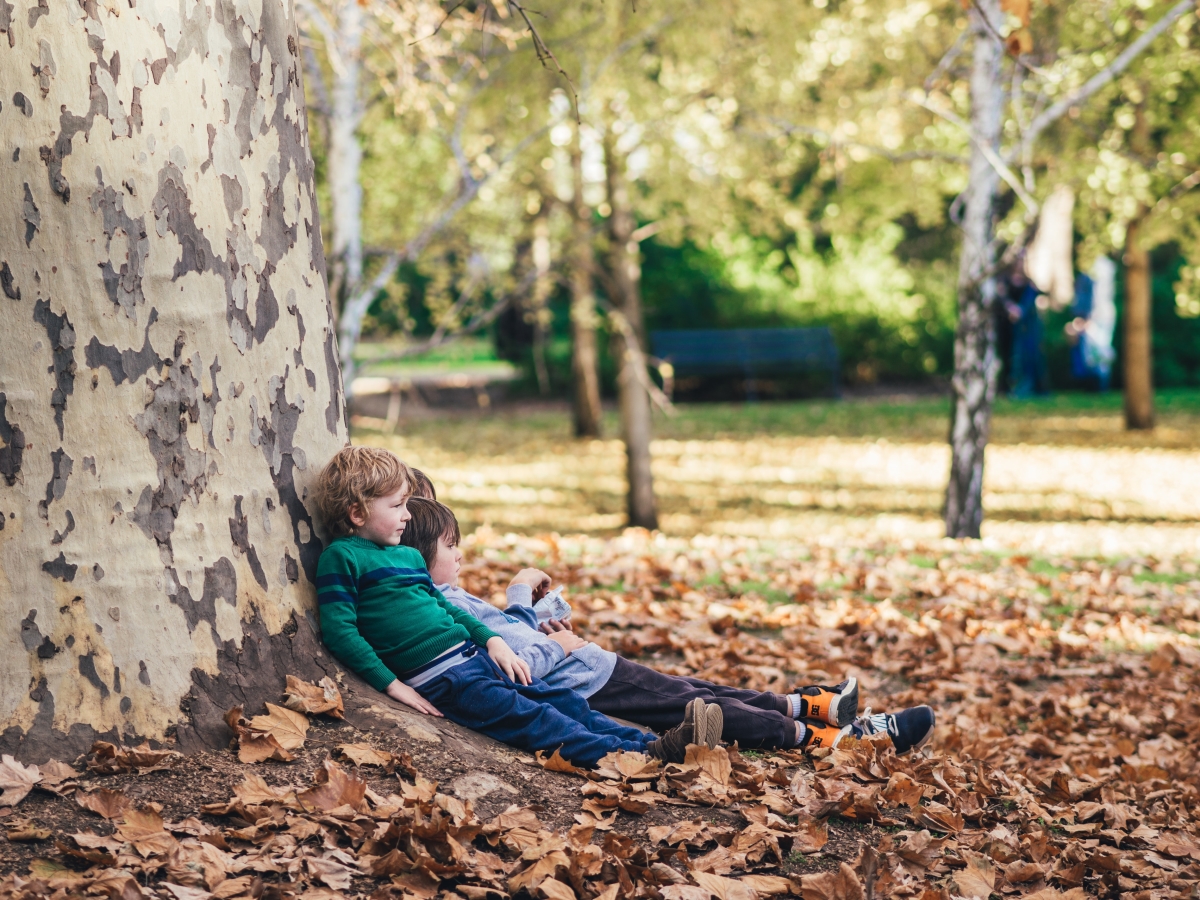Children and ADHD
Everybody wants to lead fulfilling lives, and we all want the same for our kids. But dealing with a youngster who simply won’t listen or follow directions can be challenging when the child has ADHD. ADHD kids frequently struggle in school and have trouble adhering to certain social norms. The ability to get along with others is facilitated by certain behaviors, such as waiting our turn to speak. Understanding your child’s requirements will help you support them as they develop their own special methods to thrive. Learn more about ADHD in this article, along with suggestions for supporting your child.
What Is ADHD in Children?
A neurodevelopmental disorder called ADHD is characterized by impulsivity, hyperactivity, and/or inattention. Following a diagnosis, multiple subtypes of ADHD are identified. The Predominantly Inattentive Presentation subtype is the most prevalent, and it is characterized by symptoms that are mostly connected to attention issues. The Predominantly Hyperactive-Impulsive appearance is less common but is nevertheless possible. These kids appear to behave on impulse and are constantly moving. The Combined subtype, in conclusion, exhibits signs of both inattention and hyperactivity/impulsivity. These kids are most frequently sent for treatment because they have a hard time fitting in with our society’s norms.
Children and ADHD
How do I know if my child has ADHD is a popular query. This makes logical given that youngsters frequently have attention issues, hyperactivity, and impulsivity. Many young toddlers are animated, easily distracted, and have a difficult time waiting their turn. However, kids with ADHD frequently struggle with these issues, and their behaviors make it challenging for them to do daily tasks at home and at school.
Children’s ADHD Symptoms Children’s ADHD symptoms can either be classified as inattentive or hyperactive-impulsive. Symptoms often start before the age of 12 and, if untreated, may last until adulthood. Boys are more frequently diagnosed with ADHD because they frequently exhibit symptoms of hyperactivity. However, girls are more likely to be inattentive, which may go undiagnosed or be mistaken for another mental health issue.
Inattention Symptoms
- Pays little attention to detail and frequently makes thoughtless blunders
- Has trouble maintaining concentrate on jobs or activities
- When spoken to directly, it seems if their minds are elsewhere
- Lacks organization and frequently misplaces objects
- Is unable to follow directions or complete duties
- Avoids tasks that need for a lot of thought and time
- Is easily sidetracked
- And is forgetful.
